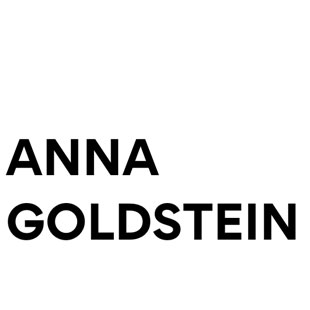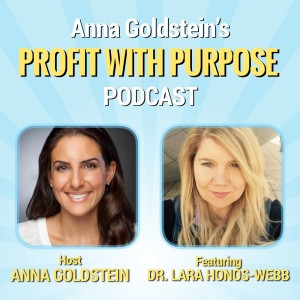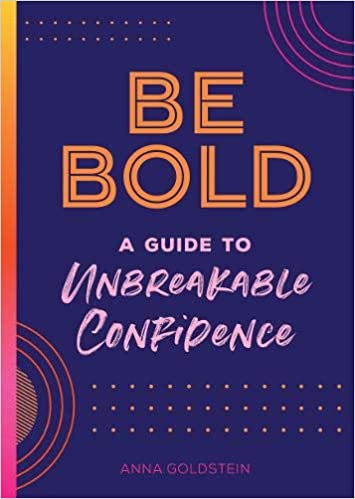Today I have a very special guest. She is the author of multiple books including The Gift of Adult ADD. I read this book initially about seven years ago after it was recommended by a therapist because I was struggling with ADD and it was one of those books you read and say “she’s talking about me”. It had a profound impact on my view of myself and how I was approaching my life.
Flexible thinking
Flexible thinking means there can be pitfalls but there are also gifts. This is something we can use in every area of our life even if it’s not ADHD in the sense of this is a challenge but how can I find some benefits to it? If I have a weakness how can I have some flexible thinking about that?
You can recognize your weaknesses and make some progress in improving them without being defined by them. Are you going to be defined by your weaknesses or by your strengths?
Symptoms of Adult ADD
- Inattentiveness: not being able to pay attention, follow through on instructions or follow directions.
- Impulsiveness: once you start something you can’t stop. That can be a recipe for addictions and other sorts of problems.
- Hyperactivity: the constant need to be active, the constant need for stimulation and the constant need for something new and different.
Turning it into a gift
The number one choice you can make is to define yourself by what’s working and also to find a match. A child might get in trouble because he wants to talk all day and be active. What if that kid decided he wanted to be a physical therapist? A physical therapist moves all day and talks all day. So it’s about helping people to find the path for them and broaden their idea of the kinds of jobs that will match who they are.
The formula for success is to find that place where you are different from others. There are a lot of places where ADD fits well and you need to find those places.
Turn your mess into your message
If you’re trying to figure out where your contribution is to the world and you say “what the heck is wrong with me” that is the place you make the contribution. We think of a mess as something unsettling but you have to stop being afraid of being unsettled.
It’s so easy to spend our lives doing things that are worthless to ourselves. Those messes can be like a tracking method to find out where your heart is, where things will be easier and not harder for you. Once you identify that you can stay on track with that.
Childhood
When you are a child your parents are 100% responsible for messing you up but you are 100% responsible for what comes next. A lot of kids need to hear that. They want to be validated and blame their parents and that’s fine. But even if that’s true what happens tomorrow is 100% your choice. You can do it on your own but psychotherapy or coaching are tools that change people’s lives. Small changes can make big differences over time.
Common misconceptions about ADD and ADHD
- It limits what you are capable of as an adult: It is a misconception that how you did in school is a predictor of how successful you are able to be as an adult. In the book Gift of Adult ADD Lara has ten lengthy profiles of very successful people. They are not her clients (because of confidentiality she doesn’t write or talk about her clients) but she interviews people who are already successful and finds out about how they got there.
- People with ADHD can’t pay attention: A person without ADHD can pay attention to what they are not interested in and a person with ADHD can pay amazing attention to anything that they’re interested in but they can’t pay attention to what they are not interested in. It’s not that they can never pay attention and that’s a really big distinction to make. This can be a gift. People who can pay attention to anything have a harder time finding out what they want to do with their life.
Overcoming resistance
- Ask yourself what are the benefits and the costs of procrastination? How important is it to me to achieve this goal?
- The challenge to overcome resistance is to get from here to the other side and recognize that’s what it means to be a grown up. It’s doing things we don’t like and saying everything I want is on the other side of this.
- Ask yourself “what is the smallest chunk of this I can?” because small changes add up over time.
Connecting with Lara
- Website: www.visionarysoul.com
- Facebook: The Gift of ADHD

Search
Popular Posts
- 02 Mar 2008The Flowering of Human Consciousness 7 Comments
- 01 May 2014Using Visualization to Create What You Want 7 Comments
- 26 Mar 20133 Questions to Change Your Career 4 Comments
- 14 Mar 2014I walked on Fire! 4 Comments
- 29 May 2014How to Bust Through Your Fear 4 Comments


